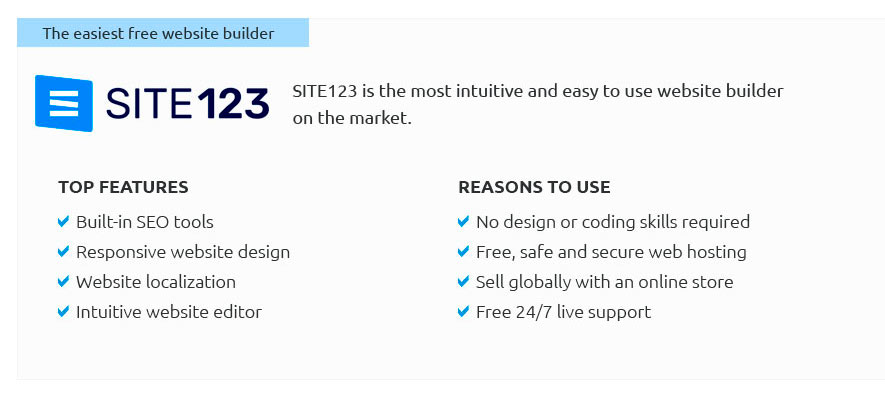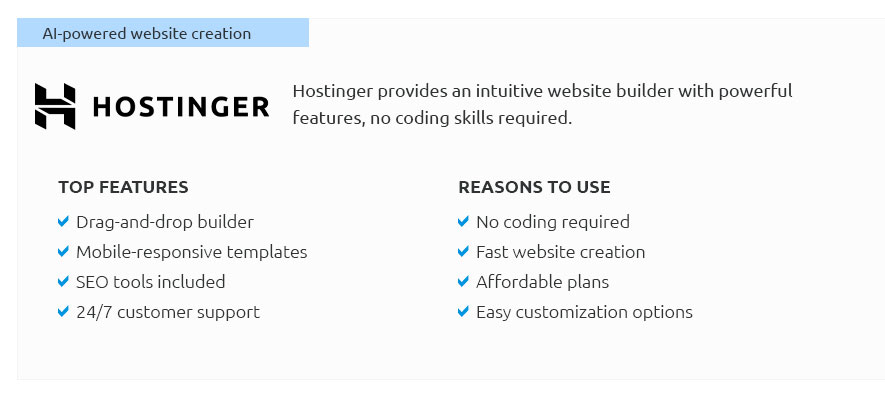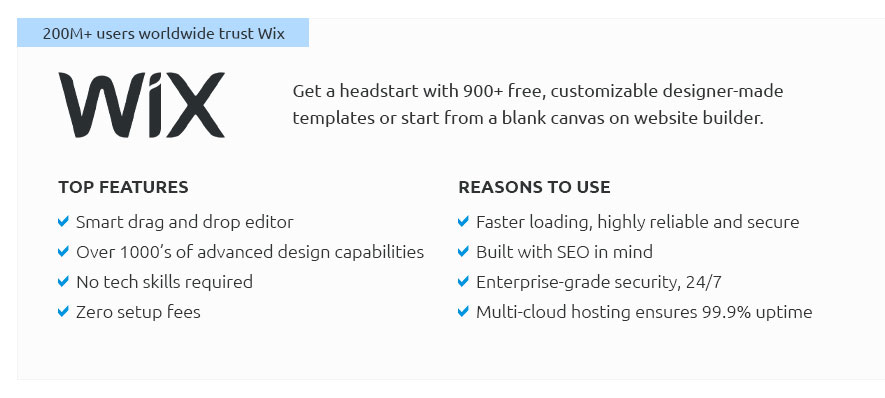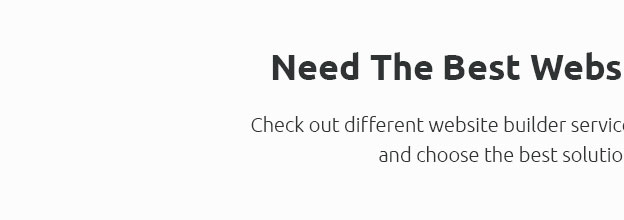 |
 |
 |
 |
|
 |
 |
 |
|
 |
|
 |
 |
|
 |
|
 |
|
 |
 |
Easiest DIY Website Builder for Beginners: A Comprehensive GuideBuilding a website has never been easier, thanks to the advent of intuitive DIY website builders. Whether you're a small business owner or a creative professional, these tools empower you to design stunning websites without the need for coding skills. In this guide, we explore the best options and features available in the market. Why Choose a DIY Website Builder?DIY website builders offer a range of benefits that cater to both novices and experts. Here are some reasons why they are an ideal choice:
Top Features to Look For1. Drag-and-Drop InterfaceA drag-and-drop interface simplifies the design process, enabling users to place elements exactly where they want them. This is crucial for maintaining creative control over your site’s layout. 2. Responsive TemplatesHaving responsive design options ensures your website looks great on any device, from desktops to mobile phones. This feature is essential in today’s mobile-first world. Popular DIY Website BuildersThere are numerous website builders available, each with its strengths. Some of the most popular include:
To explore more about how to design web sites with these tools, visit design web sites for further insights. Practical Tips for Using a Website BuilderHere are some actionable tips to make the most out of your DIY website building experience:
For those interested in exploring how to make a website to sell things for free, there are options available within many DIY builders. FAQs About DIY Website BuildersWhat is the easiest website builder for beginners?Weebly is often recommended for beginners due to its intuitive interface and straightforward tools. Can I create an online store using a DIY website builder?Yes, most website builders like Wix and Squarespace offer e-commerce functionalities to create online stores. Are there free DIY website builders available?Yes, many builders offer free plans with basic features, allowing you to start without a financial commitment. In conclusion, the easiest DIY website builder is a powerful tool for anyone looking to establish an online presence with minimal hassle. By selecting the right platform and utilizing its features effectively, you can create a professional website that meets your needs. https://elementor.com/blog/best-diy-website-builders/
Weebly is simple to use but can grow with you as your needs expand, good for beginners who might need more features later. Jimdo uses AI to help ... https://www.websitebuilderexpert.com/website-builders/easiest/
Squarespace is our top recommendation if you're looking for the easiest website builder. You don't have to sacrifice quality or customization ... https://www.canva.com/website-builder/
Design and launch a professional, one-of-a-kind website in minutes with Canva's free website builder. Use free ...
|